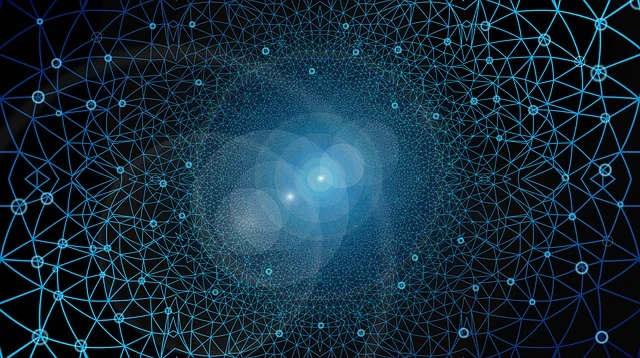In the ever-evolving landscape of scientific advancements and industrial innovations, quantum sensors have emerged as game-changers, pushing the boundaries of what was once deemed possible. This article delves https://techarp.co.uk into the multifaceted applications of quantum sensors, exploring how they are reshaping scientific research and various industries.
Understanding Quantum Sensors
Quantum sensors, built on the principles of quantum mechanics, operate on the delicate nature of quantum states. Unlike classical sensors, quantum sensors leverage the unique behaviors of particles at the quantum level, providing unprecedented precision and sensitivity.
Quantum Sensors in Scientific Research
Unlocking Mysteries at the Quantum Level
Quantum sensors have become invaluable tools in scientific research, particularly in the exploration of quantum phenomena. In fields such as physics, chemistry, and material science, these sensors offer a finer lens to observe and understand the intricacies of particles, paving the way for groundbreaking discoveries.
Quantum Sensors in Astrophysics
In the realm of astrophysics, quantum sensors play a crucial role in observing distant celestial bodies with unparalleled accuracy. They enhance the precision of measurements, allowing scientists to unravel the mysteries of the cosmos and study gravitational waves, dark matter, and other elusive phenomena.
Quantum Sensors in Healthcare
Revolutionizing Medical Diagnostics
In healthcare, quantum sensors are driving advancements in diagnostic imaging and medical sensing. Quantum-enhanced imaging techniques offer higher resolution and sensitivity, enabling early detection of diseases such as cancer. The potential for quantum sensors in medical research is vast, promising to reshape the landscape of diagnostics and treatment modalities.
Quantum Sensors in Environmental Monitoring
Preserving the Planet with Quantum Precision
Environmental monitoring has benefited significantly from quantum sensors. These sensors can detect and analyze minute changes in environmental conditions, providing crucial data for climate studies, pollution monitoring, and resource management. Quantum sensors contribute to a more sustainable future by aiding in the preservation of our planet.
Quantum Sensors in Communication Networks
Securing Communication Channels
In the realm of telecommunications, quantum sensors are making waves in the development of quantum communication networks. Quantum key distribution (QKD) systems, powered by quantum sensors, offer ultra-secure communication channels by exploiting the principles of quantum entanglement. This has profound implications for the field of cybersecurity.
Challenges and Future Prospects
Overcoming Obstacles on the Quantum Frontier
While quantum sensors hold immense potential, they are not without challenges. Issues such as environmental sensitivity, susceptibility to external interference, and the need for extremely low temperatures pose hurdles to widespread adoption. However, ongoing research and technological advancements are gradually addressing these challenges, paving the way for a quantum-powered future.
The Road Ahead: Quantum Sensors 2.0
Looking forward, the evolution of quantum sensors is inevitable. Researchers are exploring novel materials, improved designs, and enhanced functionalities to unleash the full potential of quantum sensing technology. Quantum sensors 2.0 are poised to redefine precision, sensitivity, and applicability across diverse domains.
Conclusion:
The integration of quantum sensors into scientific research and various industries marks a paradigm shift. From unraveling the mysteries of the universe to revolutionizing healthcare, environmental monitoring, and communication networks, the impact of quantum sensors is far-reaching. As research and development in this field continue to advance, we stand on the brink of a quantum revolution that will reshape the way we perceive and interact with the world around us. The future, it seems, is quantum.
